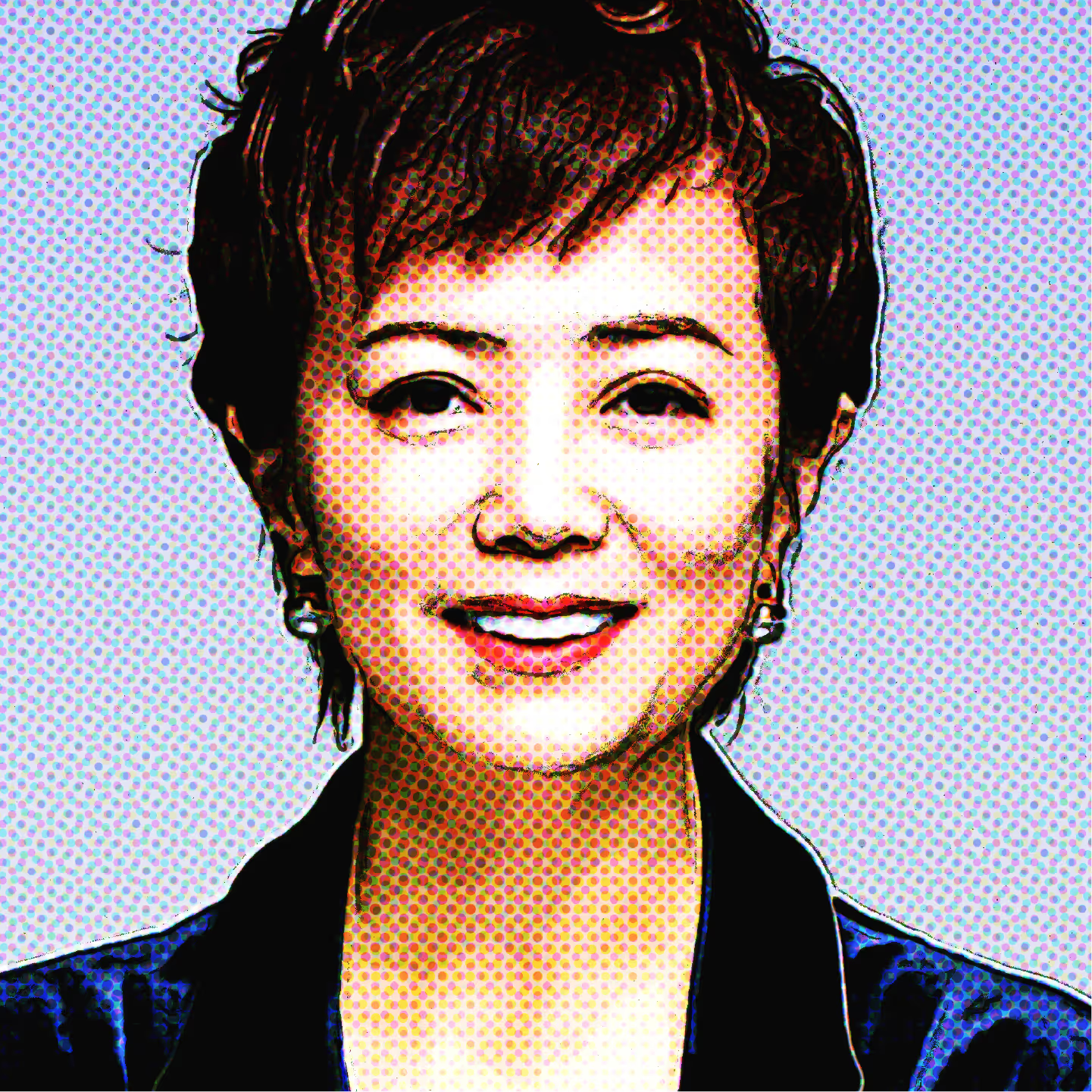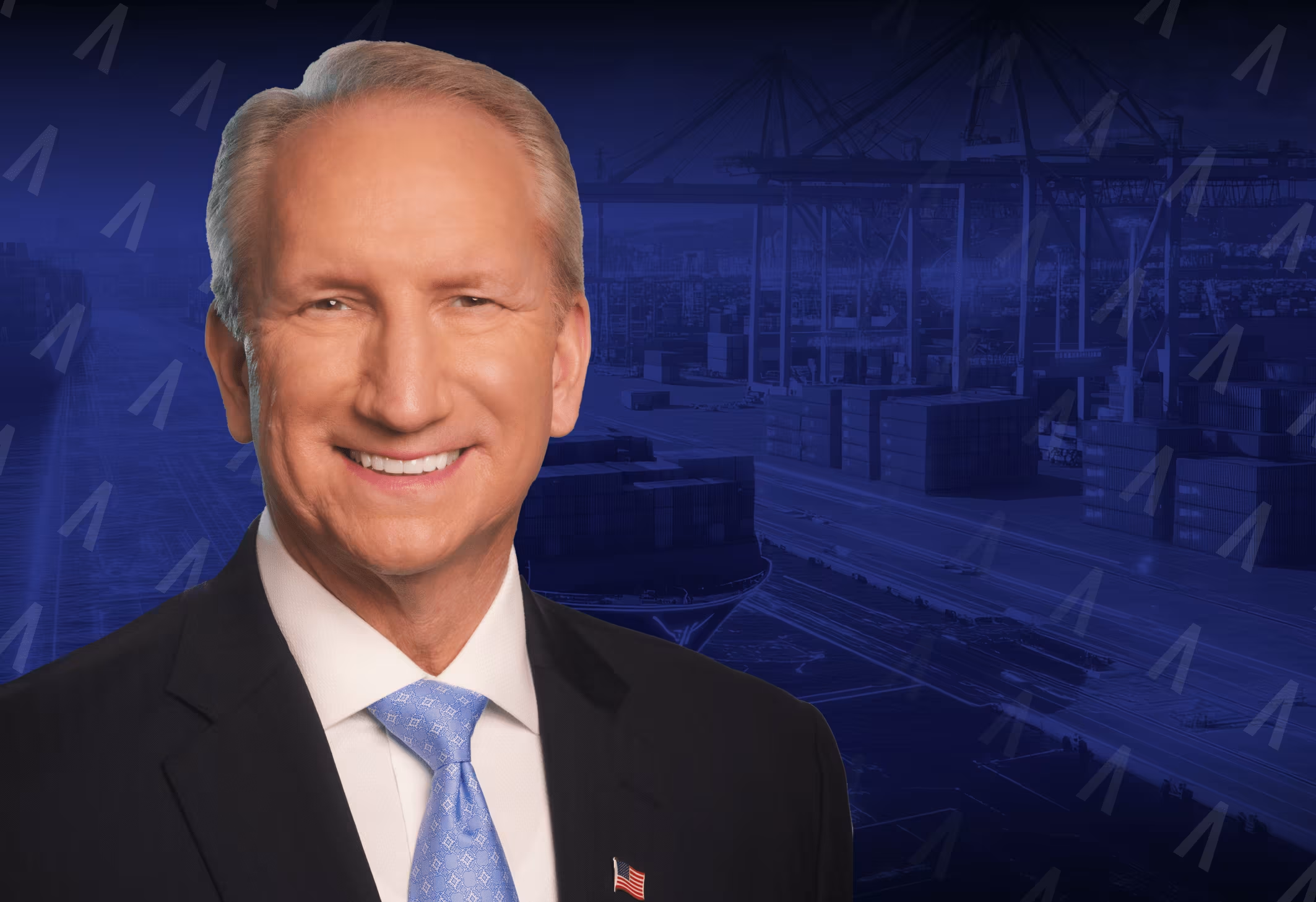How BYD's Stella Li is supercharging the global EV evolution.
Even if you’ve never heard of BYD, you likely have one of its products. The $100 billion Shenzhen-based company is the world’s top electronic manufacturing service provider and a major manufacturer of electric vehicles. Now, the company’s executive vice president, Stella Li, is on a mission to make more transportation worldwide carbon neutral or even carbon negative. And the company’s groundbreaking pathway to success runs through a public bus stop near you.
“Our goal is a total green ecosystem in the transportation industry,” says Li, who oversees BYD’s made-in-America electric bus market. For those tempted to compare BYD to more household electric vehicle names in the U.S., it’s important to understand the size and velocity of this global giant. It’s scaling not only through high-tech artificial intelligence-powered showrooms but by incorporating its technologies into more and more commuters’ everyday lives.
Worldwide, BYD is on track this year to sell 85,000 buses, 20,000 trucks, and 500,000 taxis and fleet vehicles—all electric, not to mention 5 million new energy cars manufactured. (For comparison, Tesla has made 4.6 million electric vehicles total since launching in 2008.) BYD’s breakthrough technology involves a circle of solar generation and cutting-edge battery storage that, Li says, will allow city bus fleets to eliminate both combustion engines and electricity generated from fossil fuels.
BYD’s initials refer to its Chinese name, Biyadi. And to echo the mission of building a greener world it has since been re-purposed to stand for “Build Your Dreams.” Li admits that building her green dreams has been challenging, at least in part because buses require far more battery power than cars. In Los Angeles, for example, BYD buses initially had trouble negotiating steep hills and struggled to meet range requirements.
But the buses have gone through many iterations and are constantly improving—at the speed of artificial intelligence (AI). Among the company’s global labor force, 90,000 are engineers, and BYD generates an average of 15 patents every day. “With AI, you can really reduce R&D time,” says Li. “You can do better and more accurate simulations before you do the actual work.”
BYD also uses AI on the consumer side, developing car infotainment systems with friendly, intuitive voice assistants. To create virtual showroom experiences, they partnered with MeetKai, a platform that allows customers to access metaverse showrooms and test drive from any browser-based device. It then uses AI to analyze user behavior data and language preferences to create a personalized experience.
Now backed by Warren Buffett, the U.S. subsidiary makes electric buses in Lancaster, California. A point of pride for Li is BYD’s diverse employees, which include marginalized people often excluded from the workforce. She proudly cites an ex-felon named Danny who arrived with no manufacturing skills but was a fast learner and became a top welder. Now, he’s a supervisor. “I don't care about your background or where you're from,” Li explains. “When you’re part of the BYD family, we will give you a chance.”
Li’s big chance came when she met BYD founder Wang Chuanfu, an electrochemist. In 1996, the company was just a one-room startup in Shenzhen, China, with a handful of employees. Four months later, BYD had its own office building and factory. This early success convinced her to sign on as a marketing manager for global exports. “After seeing how quickly they expanded, the future felt unlimited," she recalls.
A year later, Li opened BYD’s first overseas office in Hong Kong and soon established its European presence in Rotterdam, Netherlands. By 2011, she had launched the company’s North America headquarters in Los Angeles.
Today, the company’s EVs are so popular that Li sees commuters in China changing their work or travel schedule to ride a BYD bus. Along with the numerous environmental benefits, they’re quiet and comfortable, she says. “You can read. You can talk. That’s what makes me happy, giving people a better life,” Li adds. “At the same time, our products are helping change the world.”


.avif)
.avif)
